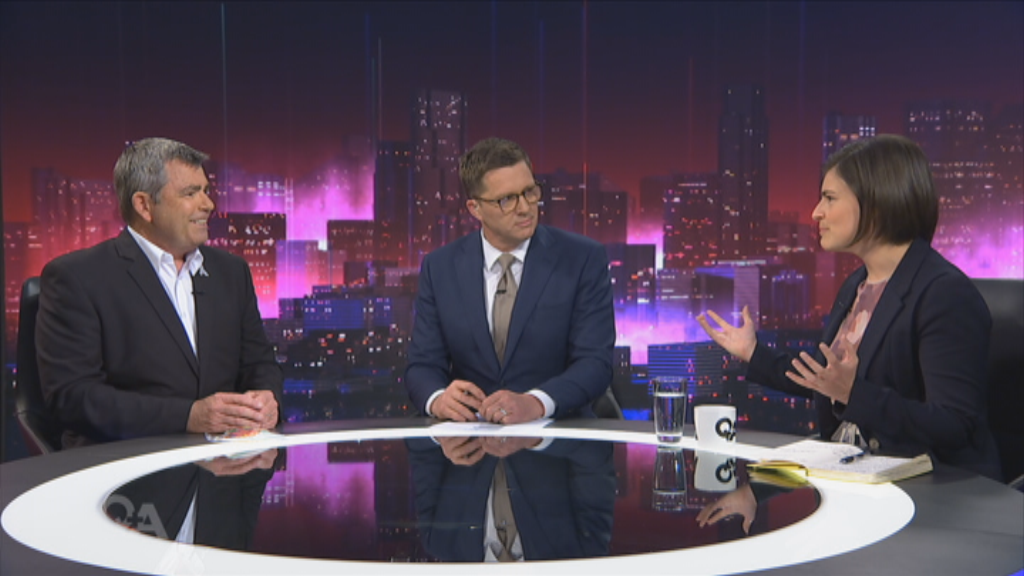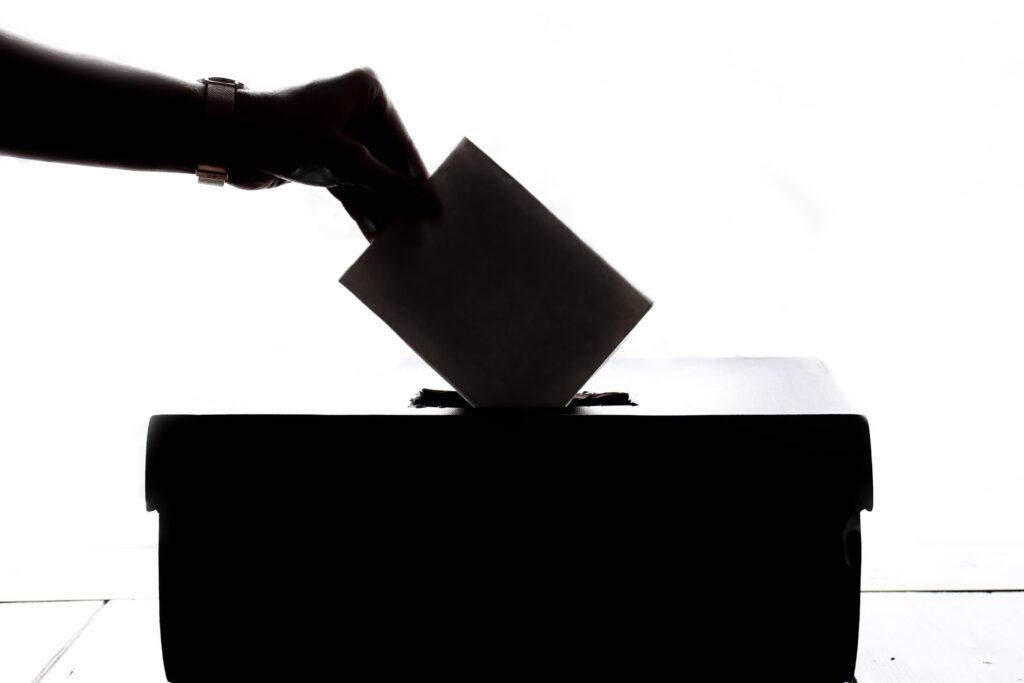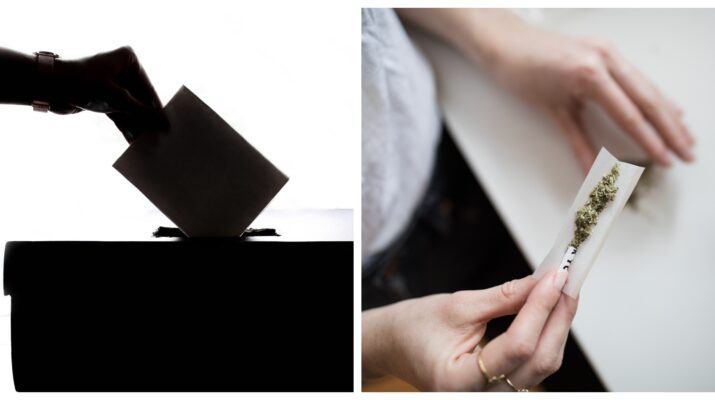The 2020 election was not only significant for occurring during the COVID-19 era, but it also contained two referenda that could determine the social direction New Zealand was heading towards.
Two highly contentious issues would be decided by the voters: if New Zealand should legalise the sale, use, possession and production of cannabis and if it will legalise voluntary euthanasia for terminally-ill patients.
Polling in the lead up to voting day showed that both referenda will be close. The competitiveness of the respective campaigns further proved that the result will go down to the wire.
On 30th October the results were declared: euthanasia passed decisively while legalising cannabis was rejected by New Zealand voters.

As with any contest, despondency overtook the losing sides. The dismay was particularly glaring with the pro-cannabis camp.
Buoyed by the election of perhaps the most liberal government in New Zealand’s history, the pro-cannabis side were expecting their side to easily win the referendum.
Hence it came as a shock when a (marginal) majority of New Zealanders voted against legalising it instead. The competitiveness of the referendum campaign reflected in the results, with the “No” vote edging the pro-legalisation side by less than 68,000 votes.
Because of the narrow margin of the winning vote, rabid supporters of cannabis law reform are pinning their hopes on the newly-elected liberal government to disregard the referendum result and legalise cannabis anyway.
Former Prime Minister Helen Clark, who vigorously campaigned for the “Yes” campaign for months, wrote in an op-ed column that the incoming Minister of Justice should “infer” from the narrow margins of the vote that “there is an appetite” to fully decriminalise cannabis.
The taxpayer-funded New Zealand Drug Foundation also echoed Clark’s opinion and called for full decriminalisation of cannabis since the “No” vote did not win by a wide margin.
A criminology professor from Victoria University of Wellington also called on the government “to be courageous on drug reform”, following recent trends in the United States where several states have voted to liberalise their respective drug laws.
And Green MP Chloe Swarbrick, who was the de facto face of the pro-legalisation camp, blamed their defeat on a “tide of misinformation” that came from the “No” camp.
Make no mistake, the argument in favour of cannabis legalisation made more logical sense than to continue the status quo of prohibition.
At its most basic, cannabis exists in our society but because it is made illegal the state is unable to regulate it – thus allowing underground operations to benefit from its trade – and even more so, to tax it and generate revenue for health-related endeavours.
This author voted in favour of cannabis law reform and against euthanasia legalisation (for reasons I will delve into in another article).
However, I would be completely against any move to overlook the referendum results and legalise cannabis anyway (or ban euthanasia for that matter).

Voters put their faith onto the democratic system to make their voice heard and to take part in the political process of their country. If the government were to ignore their voice, that would surely dent the people’s trust in our elections.
If the government ignores the will of the people, can we still claim ourselves to be a democracy?
To ignore the voice of the public simply because we do not agree with it is a dangerous precedent and one which will set us onto a path away from being a democracy.
Many from the pro-legalisation camp would draw examples from the era of former Prime Minister John Key, where his administration ignored the results of two referenda: on whether it should be a criminal offence for parents to smack their children (87.6 per cent voted “No”) and another which asked if the government should privatise several state-owned assets (67.3 per cent voted “No).
When that administration ignored the people’s vote in favour of their own agenda, the public was outraged – and I’m willing to bet many who are now calling for cannabis to be legalised, regardless of the referendum result, were too.
If this government ignored the people’s vote to suit their own agenda, they would be no different from former PM Key’s administration.
The essence of a democracy is to give a voice to ordinary citizens who otherwise would’ve never had a say in their country’s decision-making.
New Zealanders have had their say in the cannabis referendum, now the government should recognise and respect their voice.


You are right Louie. Democracy wins. The Government wanted to glean the opinion of the people, and it got it! Tf the people in government think they know better than the people then they should be ashamed. If they go ahead with legalising it despite the referenndum then bang goes democracy.
If I were the prime minister and cabinet at this time i would say to the people that the result of the referrendum is debateable there being such a small margin of difference and we will wait until the next general election and put the question again.
Deliberative democracy is a good thing and people do need to be educated about the facts. MP Chloe Swarbrick thinks there was a campaign of mis-information, but I think the public did know that medical canabis was already allowed and they simply did not want another drug to be readily available. Alcohol as a legal drug has a lot to answer for – why do we want more of that ilk.
?